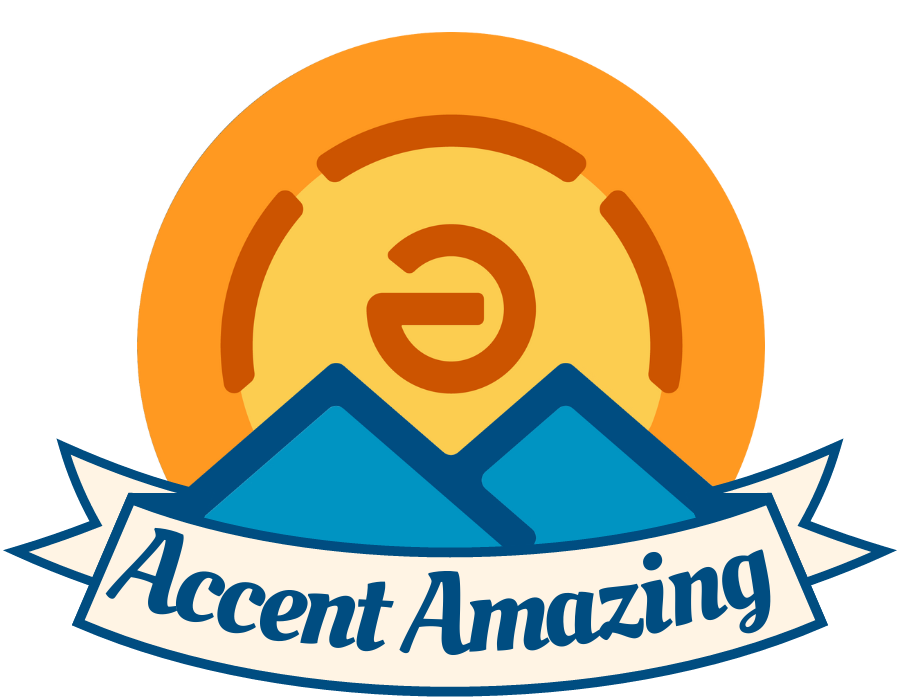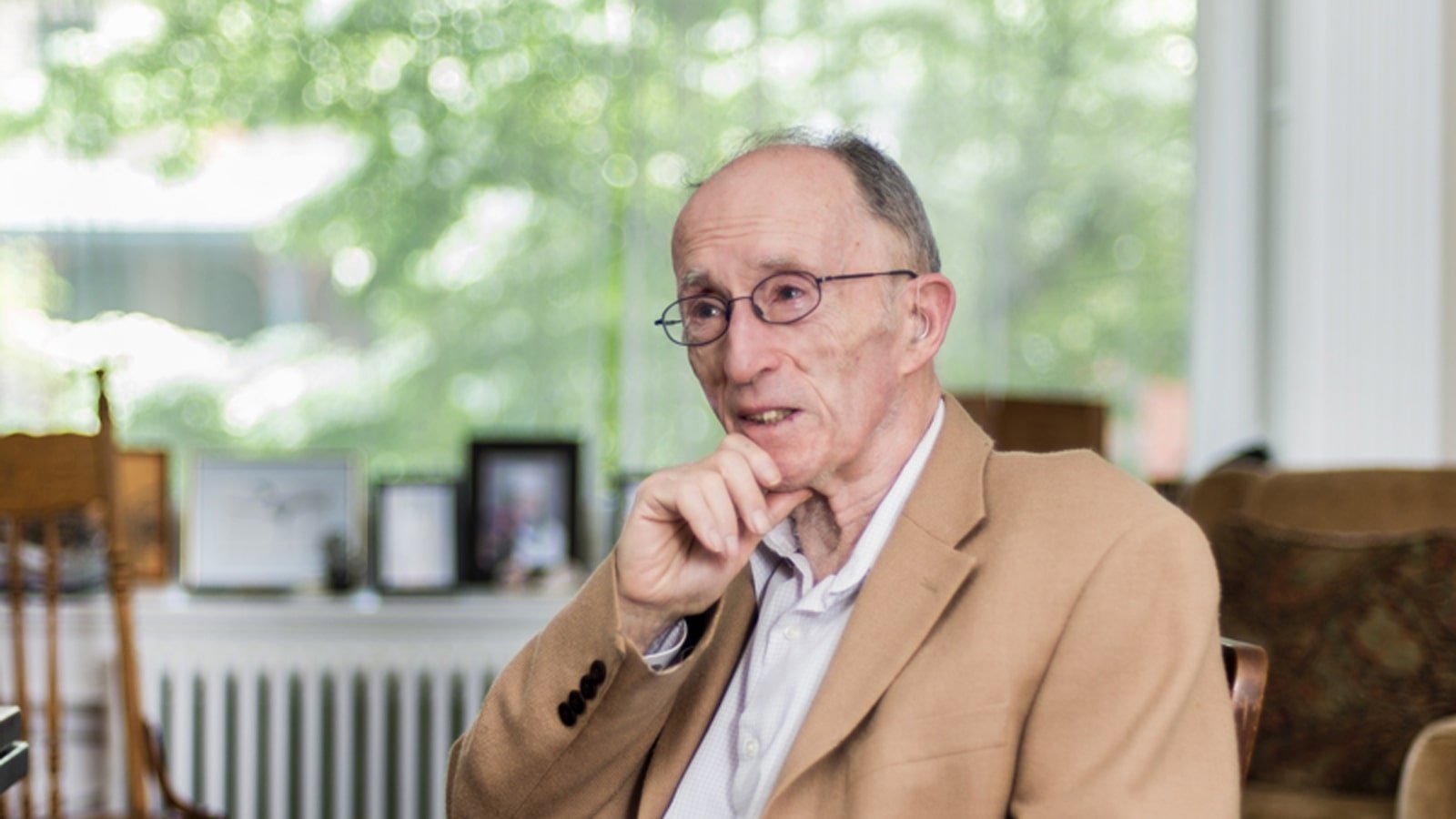Honoring William Labov: a personal reflection on his legacy
I recently learnt that my professor, Dr. William Labov passed away not long ago. William Labov was a giant in the world of linguistics, even known as the Father of Sociolinguistics, for his groundbreaking work in studying how language and society interact and even creating a database of spoken vernacular American English.
A photo I snapped of Professor Labov during class in Ling165: American Dialects
I was lucky enough to have Professor Labov as my professor while studying at the University of Pennsylvania. His lectures didn’t just teach—they sparked a fascination. Professor Labov had this amazing way of breaking down the complexities of language and showing how they relate to our lives and communities. It was clear he loved what he did, and that passion was contagious. In fact, thanks to his many years teaching and researching at Penn, and sending out his students to do linguistic studies on the surrounding populace, Philadelphian English became the most well-studied dialects of English in the world!
William Labov with his book: Atlas of North American English, which we used in class, and which he sent PDFs to use for free
I didn’t know it at the time, but his class: American Dialects, which had us study vowel distributions and shifts across the USA, such as which vowels changed in which phonetic contexts, in front of which consonants, in which dialects, would later be instrumental in my eventual role as the accent coach I am today.
Now, as an accent coach, I help people refine their English pronunciation and American accent, and in so doing, build up their confidence. And I do so using the very linguistic details I studied in his class I took all those years ago. The passion and fascination that Dr. Labov had is now the passion with which I teach my students, who, I am glad to see, are very much fascinated by the subtle details that differentiate accents, whether native or non-native.
Labov’s influence went far beyond the classroom. He changed how we think about language—not just as a way to communicate but as a reflection of who we are. While his work on studying and celebrating linguistic inclusivity and my work on helping others attain a more native and sometimes standard accent may seem at odds, I believe they are not. At its core, we are both celebrating the beauty of language and the way it sounds, and helping people understand and appreciate the world around us. All forms of language have value, but so do people’s self perception, which is why I strive to give my students the confidence to speak English the way they want to speak it, while also instilling an understanding and curiosity in other forms of English native and non-native.
Looking back, I feel so grateful to have learned from such an incredible mind. William Labov didn’t just shape the field of linguistics; he inspired so many of us to see language as something beautiful and worthy of exploration. His passing is a huge loss, but his work will keep inspiring linguists, educators, and students for years to come.
Thank you, Professor Labov, for everything you gave us. Your legacy lives on in the way we study, teach, and share the joy of language.



